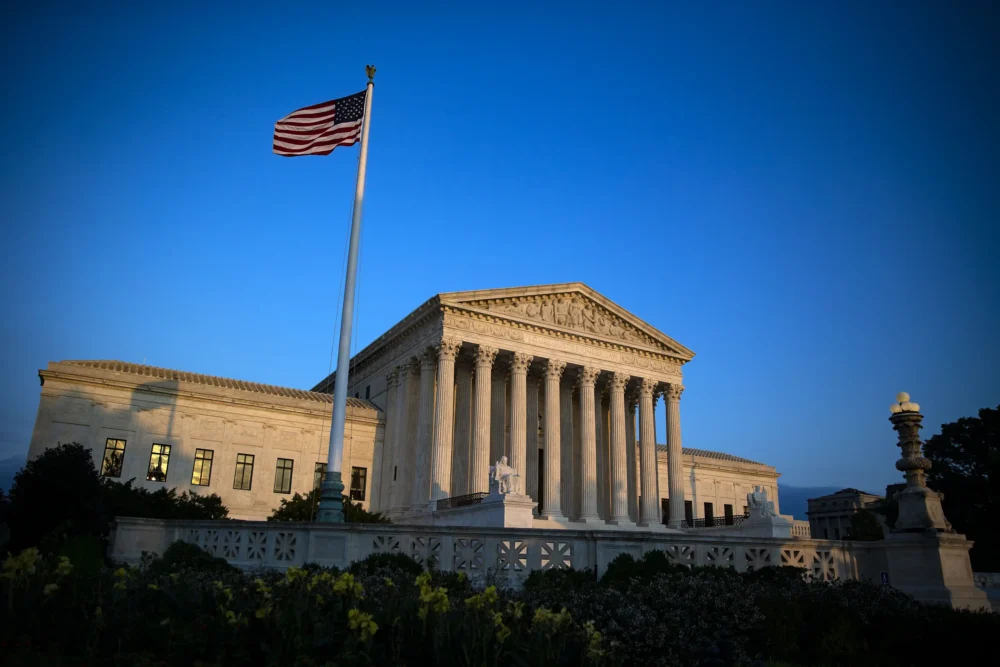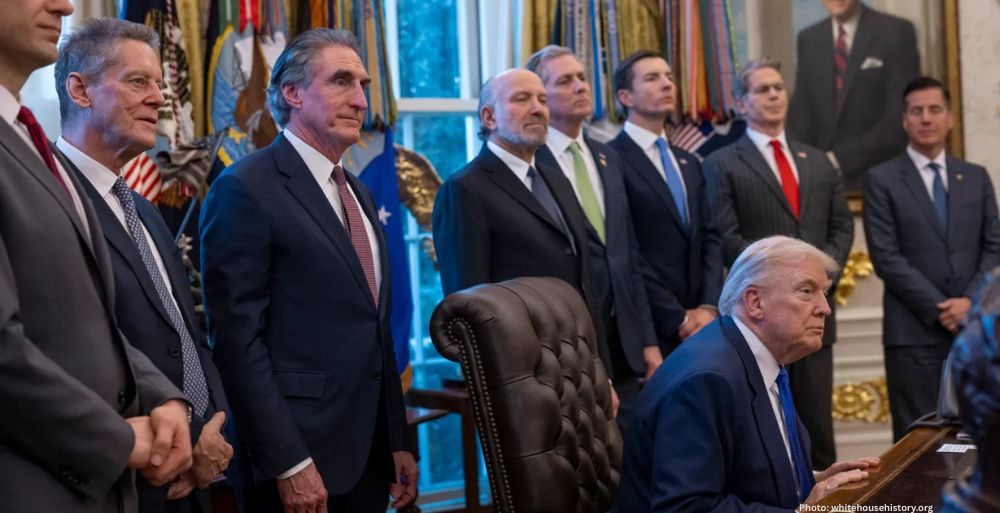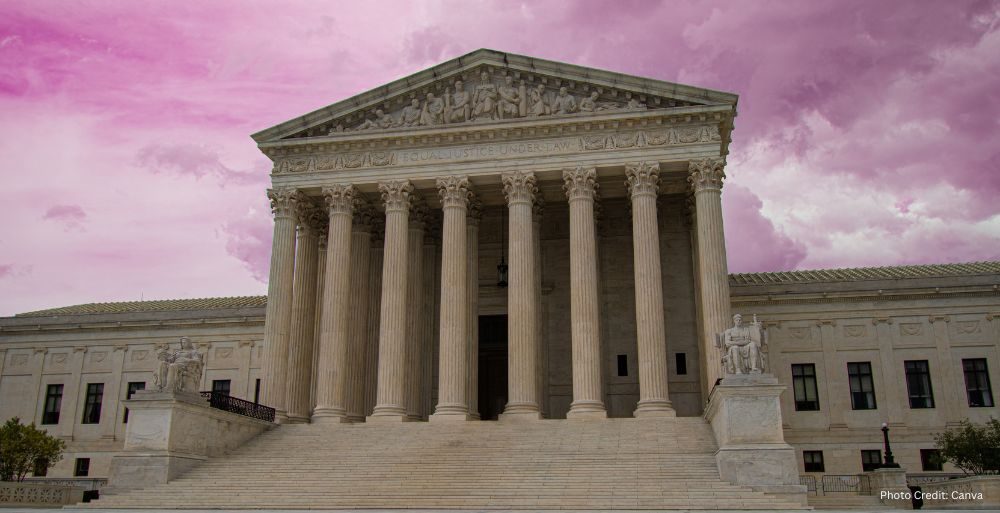A new Supreme Court term in the U.S. opens amid landmark cases that could reshape presidential power and constitutional rights.
President Donald Trump’s aggressive assertions of executive authority are facing rigorous scrutiny, with several controversial policies under the Court’s review. Among these issues are sweeping tariff powers, limitations on birthright citizenship, and the role of federal judges in issuing nationwide injunctions.
Another key case will examine the participation of transgender girls and women in public school sports, testing legal protections under Title IX and constitutional guarantees. Voting rights challenges, including Louisiana’s redistricting and possible reinterpretations of the Voting Rights Act, also loom large on the docket.
So far, the Court’s conservative majority has shown openness toward some of Trump’s emergency appeals, though in-depth consideration of each case may lead to more cautious rulings. Meanwhile, Justice Samuel Alito, now aged 76, may opt to retire in 2026, giving Trump the opportunity to appoint another conservative justice.
Legal watchers say this could be one of the most politically charged Supreme Court sessions in recent memory.















